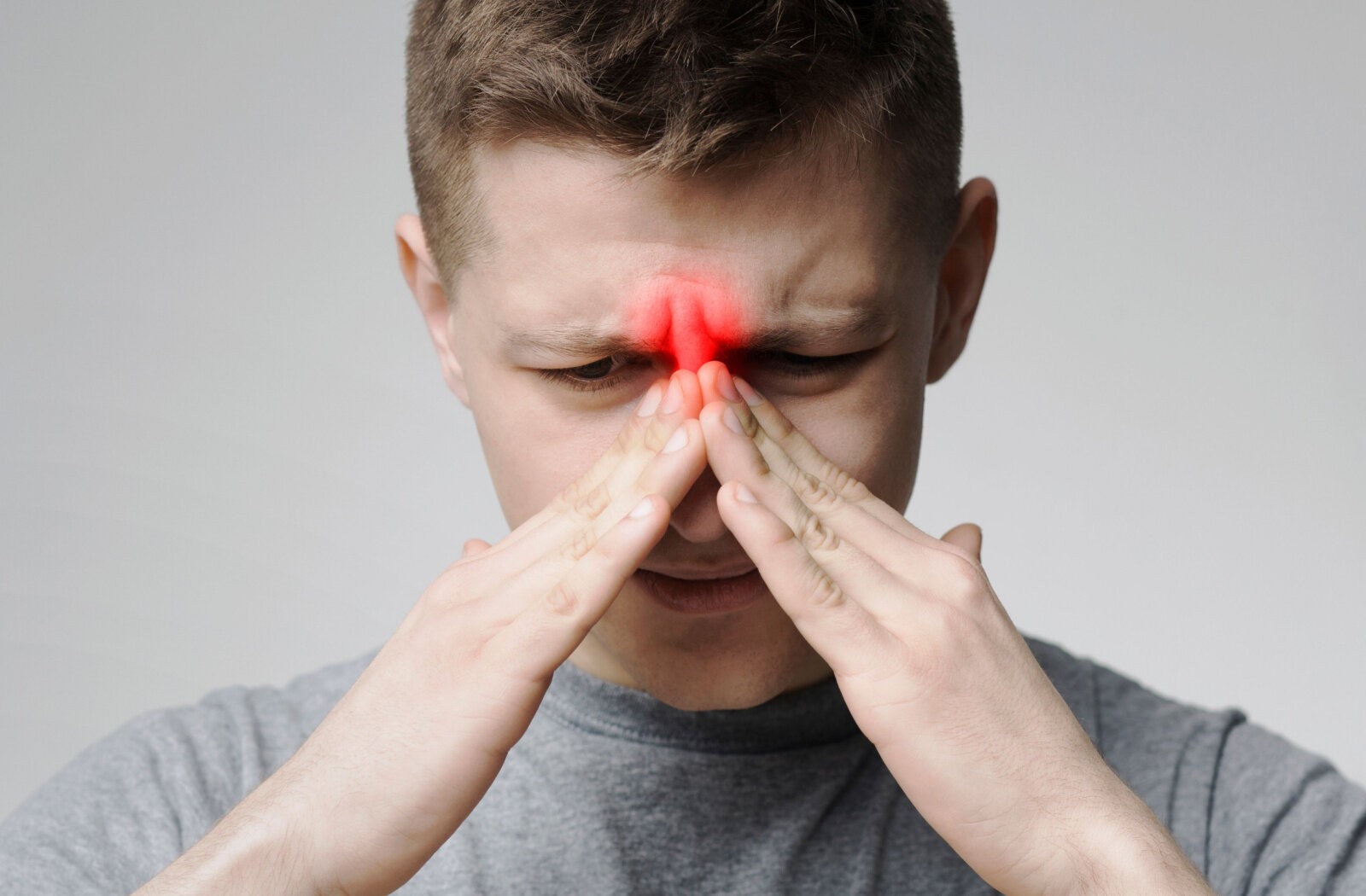It’s a common and uncomfortable experience: you’re battling a cold or flu, and suddenly, your teeth start to ache. You might wonder if it’s a new dental problem on top of everything else. But often, this tooth pain when you’re sick isn’t actually a dental issue at all.
When you’re sick, tooth pain is frequently related to sinus pressure, dehydration leading to dry mouth, or even changes in habits like teeth grinding. Sinus congestion, in particular, can exert pressure on the roots of your upper teeth, mimicking a toothache. Staying hydrated, maintaining good oral hygiene, and applying a warm compress to your sinuses can often help relieve this discomfort.
However, it’s important to know when to seek professional help. If your tooth pain persists even after your sinuses clear up and you’re feeling better from your illness, it’s wise to schedule a visit with your dentist to rule out any underlying dental problems.
The Link Between Sickness and Tooth Pain
Tooth nerves are incredibly sensitive, which is why tooth pain, regardless of the cause, can feel intense.
Your sinuses are essentially air-filled spaces within your skull. These cavities are located around your eyes and nose, and in your forehead. Normally, they are empty and help to lighten the skull and humidify the air we breathe.
During an illness, the tissue lining these sinus cavities can become inflamed and filled with mucus. This is what causes that familiar feeling of congestion and stuffiness.
A key sinus cavity, the maxillary sinus, is located very close to your upper molars in the back of your mouth. When these sinuses become congested, inflamed, or infected, they can swell and press down on the nerve endings connected to the roots of your upper teeth. This pressure is the primary reason why you might experience tooth pain when you’re sick.
 A person massages their nose bridge to relieve sinus pressure.
A person massages their nose bridge to relieve sinus pressure.
Sinus Tooth Pain vs. Infected Tooth Pain: How to Tell the Difference
Tooth pain can be bothersome, and when you’re already feeling unwell, it can be difficult to determine if the source is sinus-related or a more serious dental issue like an infection. Recognizing the differences can help you understand what’s going on.
Identifying Infected Tooth Pain
Pain from a tooth infection is typically localized to a single tooth. It’s often described as a throbbing or pulsing pain and is usually sensitive to touch. You might also notice visible signs around the affected tooth, such as redness, swelling gums, or even pus. If your tooth pain exhibits these characteristics, it’s crucial to schedule an appointment with your dentist. An infected tooth requires prompt dental care to prevent the infection from spreading and causing further complications.
Recognizing Sinus-Induced Tooth Pain
Tooth pain caused by sinus pressure often presents differently. It’s more likely to feel like a generalized, dull pressure affecting multiple upper back teeth, rather than a sharp pain in one specific tooth. The intensity of sinus tooth pain may fluctuate; it might worsen gradually as sinus congestion increases and improve as your sinuses start to clear. This fluctuating sensation is directly linked to the swelling and receding of sinus tissues as your illness progresses or improves.
Managing Tooth Pain When You’re Sick
Staying well-hydrated is crucial when you’re sick, and it can also help alleviate sinus-related tooth pain. Drinking plenty of fluids helps to thin mucus and promote sinus drainage, which can reduce pressure. Over-the-counter pain relievers like ibuprofen or acetaminophen, as recommended by your doctor or pharmacist, can also help manage pain and inflammation associated with sinus pressure. Warm compresses applied to your sinus areas can also provide soothing relief.
If your sinus and associated tooth pain persist for more than a few days, or if you suspect a sinus infection, it’s recommended to consult your doctor. They can determine if you have a sinus infection and recommend appropriate treatment, such as antibiotics if necessary.
When to See Your Dentist for Tooth Pain
If your congestion clears up and you’re feeling better overall from your illness, but you’re still experiencing noticeable tooth pain, it’s time to schedule an appointment with your dentist. Persistent tooth pain after your illness resolves could indicate an underlying dental issue that needs attention. Problems like tooth decay, a dental abscess, or temporomandibular joint (TMJ) disorders can also cause tooth or jaw pain that may coincide with or be mistaken for sinus-related pain.
Visiting your dentist for an assessment will help identify the true cause of your discomfort and ensure you receive the appropriate care to restore your oral health and relieve your pain. Don’t hesitate to reach out to your dental provider for guidance and to ensure any dental issues are addressed promptly.

